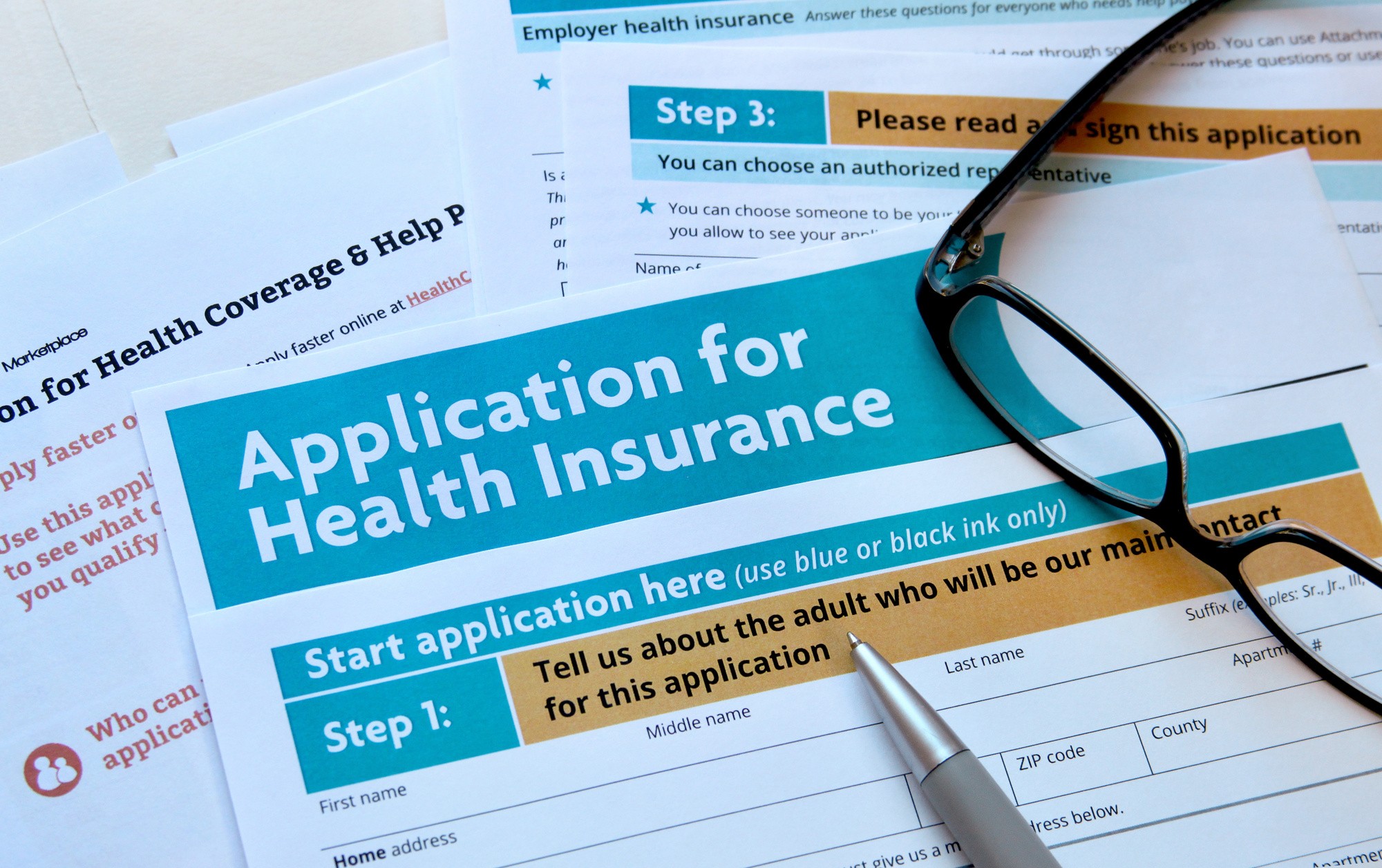Who Can Benefit from Health Insurance in Philadelphia
Discover who stands to gain from health insurance in Philadelphia. Learn how coverage benefits individuals and families in diverse healthcare needs.

How to Choose Health Insurance in Philadelphia A Comprehensive Guide
Choosing the right health insurance plan is a crucial decision that can have a significant impact on your financial well-being and peace of mind. In Philadelphia, with its diverse range of options, navigating the health insurance landscape can be overwhelming. This guide aims to provide a step-by-step approach to help you make an informed decision tailored to your unique needs.
Step-by-Step Guide for Best Insurance
Assess Your Needs: Start by evaluating your specific healthcare needs. Consider factors such as pre-existing conditions, prescription medications, anticipated medical procedures, and the need for specialists.
Understand Plan Types: Familiarize yourself with different plan types, including Health Maintenance Organization (HMO), Preferred Provider Organization (PPO), Exclusive Provider Organization (EPO), and Point of Service (POS). Each has its own network and cost structure.
Compare Health Plan Networks: Look into the network of healthcare providers associated with each plan. Ensure your preferred doctors, specialists, and hospitals are included.
Evaluate Coverage Options: Determine the coverage provided for services like hospitalization, prescription drugs, preventive care, mental health, and maternity care. Pay attention to any limitations or exclusions.
Compare health plan networks
Philadelphia offers a wide range of healthcare networks, so it's crucial to choose one that aligns with your preferences. Consider the following:
Provider Availability: Ensure that the network includes hospitals, clinics, and specialists near your residence or workplace.
In-Network vs. Out-of-Network Costs: In-network services usually come with lower out-of-pocket costs compared to out-of-network services.
Referral Requirements: Some plans may require a primary care physician's referral to see a specialist. Make sure this aligns with your healthcare preferences.
Average Cost of Health Insurance
The average cost of health insurance in Philadelphia can vary significantly based on factors like age, coverage type, and the insurer. On average, individual plans may range from $300 to $600 per month, while family plans can cost anywhere from $800 to $1500 per month.
How the Plan Tier Affects Costs
Health insurance plans are categorized into tiers - Bronze, Silver, Gold, and Platinum - based on the level of coverage they offer. Bronze plans typically have lower premiums but higher out-of-pocket costs, while Platinum plans have higher premiums but lower out-of-pocket costs.
Consider your anticipated healthcare needs and budget when choosing a plan tier. If you expect to use healthcare services frequently, a higher-tier plan might be more cost-effective in the long run.
How Family Size Affects Costs
The size of your family directly impacts the cost of health insurance. Larger families will generally pay higher premiums. When choosing a plan, consider both the number of individuals to be covered and their specific healthcare needs.
Choosing the Best Health Insurance
The best health insurance plan is one that aligns with your individual or family's healthcare needs and budget. It provides comprehensive coverage for the services you anticipate using and includes a network of healthcare providers that you trust.
Short-term Health Insurance
Short-term health insurance provides temporary coverage for individuals in transition. It can be an option for recent graduates, those between jobs, or individuals waiting for Medicare eligibility. However, it's important to note that short-term plans often have limited coverage and may not include essential benefits.
Medicaid Health Insurance Coverage
Medicaid provides low-income individuals and families with access to essential healthcare services. Eligibility criteria vary by state, and in Pennsylvania, the program is known as Medical Assistance (MA). To determine if you qualify for Medicaid, visit the official PA Medicaid website.
Child Health Coverage
Children's Health Insurance Program (CHIP) offers affordable health coverage for children in families that do not qualify for Medicaid but may not have access to employer-sponsored insurance. CHIP provides comprehensive benefits, including doctor visits, dental care, and immunizations.
Individual and Family Health Insurance Companies in Philadelphia
Philadelphia boasts several reputable health insurance companies, including Independence Blue Cross, Aetna, Cigna, and UnitedHealthcare. It's essential to research each company's offerings, network, and customer reviews before making a decision.
How Can I Save Money on Health Insurance
Utilize Health Savings Accounts (HSA): HSAs allow you to save pre-tax dollars for qualified medical expenses.
Consider High Deductible Health Plans (HDHP): These plans often have lower premiums and can be coupled with an HSA.
Shop Around: Compare quotes from multiple insurers to find the most competitive rates.
Take Advantage of Wellness Programs: Many plans offer incentives for participating in wellness activities.
What is the Best Health Insurance Plan
The best health insurance plan is subjective and depends on individual circumstances. Consider factors like coverage needs, budget, and preferred healthcare providers when making this decision.
How Health Insurance Covers Expenses
Health insurance covers a portion of your healthcare expenses, including doctor visits, hospital stays, prescription medications, preventive services, and more. The specific coverage details will vary based on your chosen plan.
Philadelphia Medical Insurance Statistics
As of 2021, approximately 91% of Philadelphia's population had health insurance coverage. The city's diverse healthcare landscape includes a mix of private insurers, government programs, and employer-sponsored plans.
Health Insurance Plans for Every Stage of Life
Different life stages come with unique healthcare needs. Consider the following:
Young Adults: Look for plans with coverage for preventive care, mental health, and catastrophic events.
Families: Comprehensive coverage for children's healthcare needs, maternity care, and well-visits is crucial.
Seniors: Evaluate plans that offer coverage for prescription drugs, specialist care, and preventive services.
Dental, Vision, Short Term, Medicare
In addition to standard health insurance, consider supplemental coverage options:
Dental and Vision: These plans provide coverage for routine check-ups and procedures.
Short-Term Plans: These can provide temporary coverage during transitional periods.
Medicare: Available for individuals aged 65 and older, providing comprehensive healthcare coverage.
Should You Include Parents in Group Medical Insurance
Including parents in a group medical insurance plan depends on eligibility criteria set by the insurer. Some plans allow for extended family members, while others may limit coverage to spouses and children. It's important to check with your insurer for specific details.
Choosing health insurance in Philadelphia requires careful consideration of your unique healthcare needs, budget, and preferences. By following this step-by-step guide, you can navigate the options available and make an informed decision that provides the coverage you need for peace of mind. Remember to regularly review your plan to ensure it continues to meet your evolving healthcare needs.
What's Your Reaction?



















